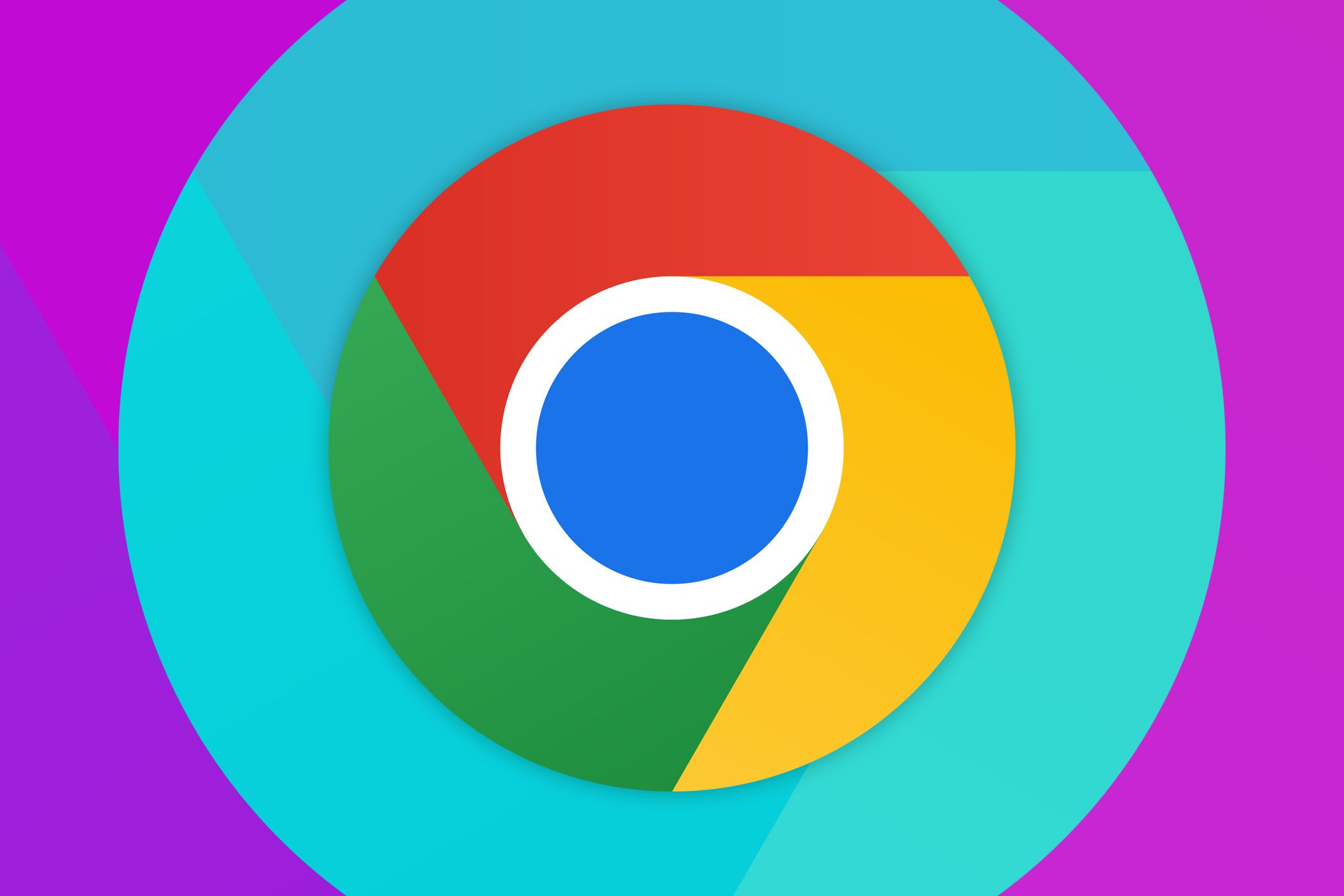Google is testing direct integration for Buy Now, Pay Later (BNPL) services in the Chrome web browser, with support for Affirm and Zip. It’s just the latest invasion of predatory loan services in popular applications and platforms, following similar integrations in Microsoft Edge and Apple devices.
Google has created three new experimental feature flags that integrate BNPL services into the browser’s autofill, with Affirm and Zip as the first planned options. The flag description for one explains, “When enabled, users will have the option to pay with buy now pay later with Affirm on specific merchant webpages.” It sounds like the integration will work like Microsoft Edge’s feature, which can fill in Zip as the payment method on supported online stores without the site explicitly adding it as an option, allowing more purchases with 0% financing options.
The first two flags are for testing Affirm and Zip, labelled as #autofill-enable-buy-now-pay-later-for-affirm and #autofill-enable-buy-now-pay-later-for-zip, respectively. The third flag is for synchronizing “user data related to buy now pay later,” labelled as #autofill-enable-buy-now-pay-later-syncing.
BNPL services like Affirm and Zip aren’t subject to the same regulation or consumer protections as credit cards and other lending systems. They aren’t required to assess a buyer’s creditworthiness, and they can enforce more penalties than a typical credit card. BNPL services encourage people to spend money they don’t have, even more so than typical credit cards, further increasing the user’s total debt. They can make sense in some circumstances, like online stores that don’t have any other financing options for large purchases, but the feature is frequently used for small purchases.
Apple now has a similar Affirm integration in Apple Pay in the United States, and other tech companies have embraced BNPL as a way to increase purchases. It’s a predatory practice, and I sincerely hope Google removes the BNPL integration before it rolls out to everyone. No web browser needs built-in loans.
Source: Chromium (GitHub)





